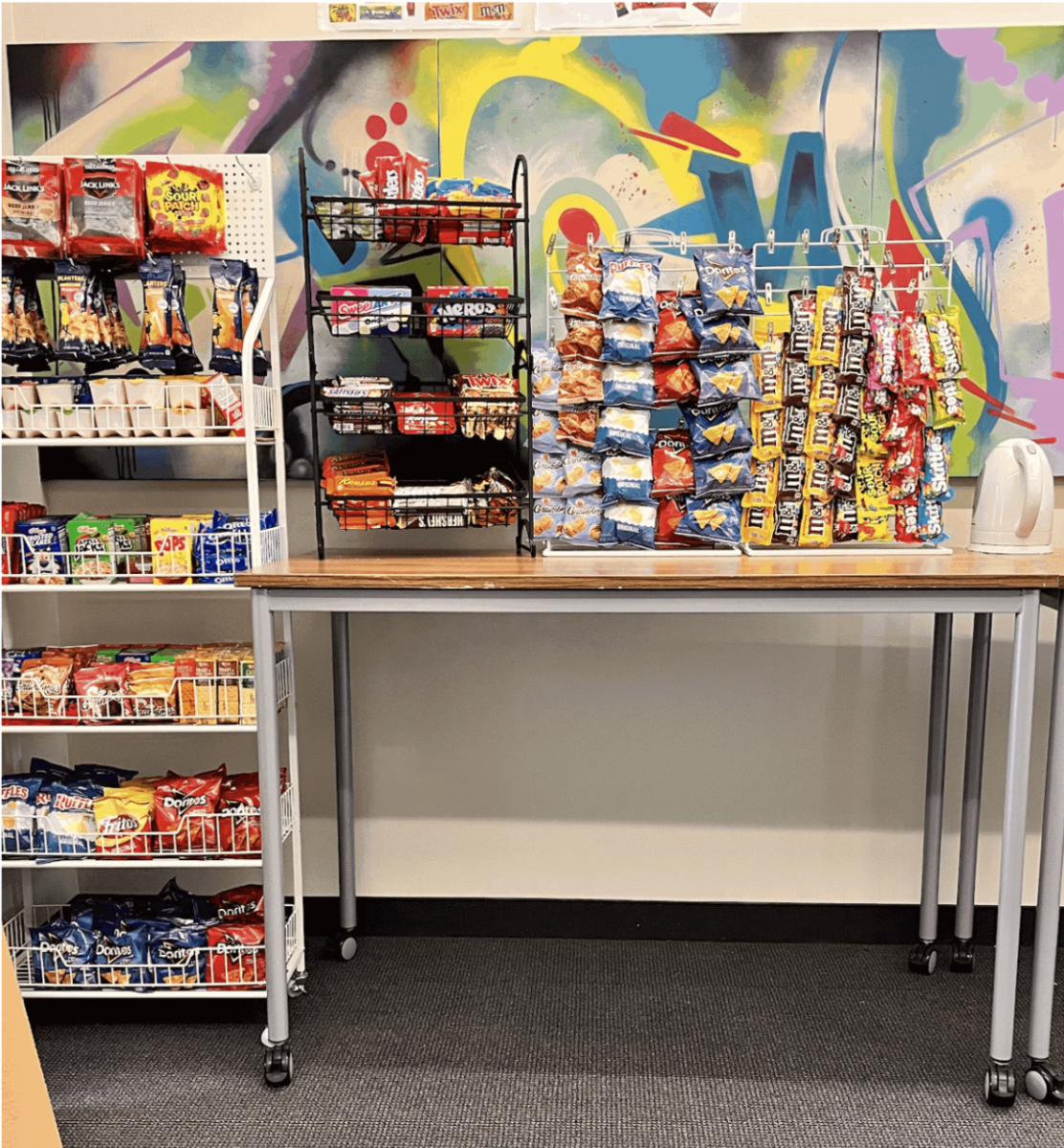Jovel Queirolo
Managing Editor
Although senior Daisy Chung says she wants to study business at the University of California, Berkeley where she was accepted despite a 73.4 percent rejection rate, she will not be attending due to the financial climate.
“I plan on going to the University of San Francisco (USF) for two years, and then transferring to the business school if I get in,” said Chung about Berkeley’s Haas School of Business having had a 12 percent admittance rate among 3,780 applicants in 2008. “There is always the risk that I won’t get in again, but I can get general education requirements out of the way. It wouldn’t make sense to go to Berkeley now — I might not get classes that I want and I’m getting money to attend USF.”
Many college-bound students around the country are getting more involved with their own finances and college tuition. College counseling director Rebecca Wandro says she has noticed a shift in the way Convent students are approaching the financial aspects of the college process in correlation with the recent economic downturn.
“This will be my sixth graduating class, but definitely in the last two years more students are having conversations with me and their families about financial aid and scholarships,” said Wandro.
Wandro says students are engaging in adult discussions about tuition and the impact of their potential college choices on their families because their choices may have increasing weight on family spending.
“I’ve always told students to love their lists, but now I’m telling them to love their lists but be realistic,” said Wandro. “I say this more and more because college choices could affect whether or not they or their families want to buy a car or a house. Some families take into consideration jobs and paying back loans.”
Chung, who has a sophomore brother at Stuart Hall who will also be considering college in a couple years, says her decision to turn down UC Berkeley is financial — USF is offering her $31,000 of the $36,000 tuition per year with a combination of merit aid, an academic grant and loans.
“We didn’t take all the loans because the interest was so high and we didn’t want to pay it back,” said Chung. “I have a federal work grant, so she I will be working. In this whole process I’ve learned a lot about loans and working. I feel more confident financially.”
In contrast to Chung, senior Scarlett Kirk says she is not as confident about her upcoming transition to college when it comes to managing her finances and paying for college.
“I don’t feel like an adult, but I’m expected to live on my own and take care of myself — there’s lots to learn,” said Kirk, who at the moment says she does not have a major or career in mind.
Kirk and her parents will be paying for her four years at Middlebury College in Vermont and she says she plans to pitch in through work-study.
“I have no idea how to manage money, but I plan to learn this summer since I will be working, and paying for college,” said Kirk. “I don’t plan on coming home as often as others, since it will be expensive to fly and I’m going to be playing sports. I’ll be back for Christmas, but I won’t be home much besides that.”
Senior Maggie Flannery, who plans to attend the University of Texas in Austin, says she is lucky that she does not have to worry about financing her college education.
“My grandpa is paying for everything,” said Flannery. He spends a lot of money on education – including mine. It’s nice not to have to worry. I don’t think I’ll work, but it might be helpful to get a job to learn about my own money. I have money in stocks but I don’t really know how to manage money. I spend it like crazy.”
Flannery, who wants to major in engineering with the ultimate goal of designing cars, is not currently considering higher degrees. For seniors Katharine Noakes and Megan Choi, what they have planned for after college has been part of their college process.
Noakes, who has no siblings, says her parents will pay for her undergraduate education at Carlton College, and that money was not important in her college choice. She plans to someday own her own business and work as a chef or culinary artist.
“I know how to manage money and I will probably work while at Carlton to gain experience,” said Noakes. “There used to be a cookie shop that did cookie deliveries that I can see myself helping start up again.”
Choi also faces the prospect of more than four years of college. After choosing the University of California, Davis, she says money is not an issue with her father paying for her undergraduate education.
“I may or may not work while I’m in college,” said Choi, who has a sophomore sibling at Convent who will also be considering college in a couple years. “But I want to go into pediatrics, general medicine, nutrition or mental health, so graduate school might be tricky to pay for. I’m not sure if my dad would pay, but we’ll cross that bridge when I get there.”
Each senior had different financial decisions to consider in looking for and choosing a college but the process revealed awareness in some students of the impact of a college education on one single family’s financial plans.
“Ms. Wandro spent a lot of time talking about financial aid this year because everybody had questions,” said Kirk. “For the people who had questions about money, not all of us know how to manage our money. Some of us now have to learn about and be responsible for working to manage and pay tuition.”














